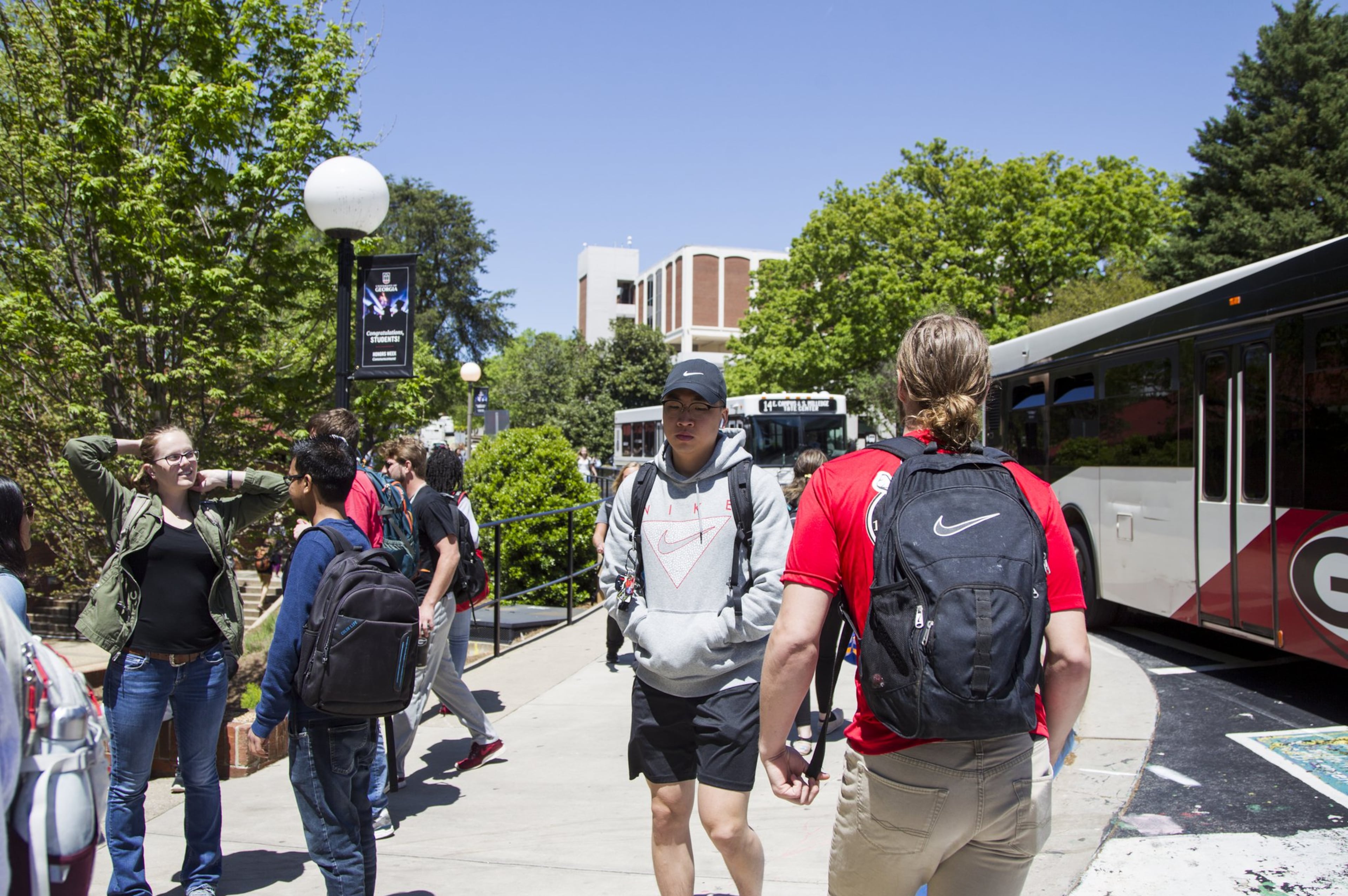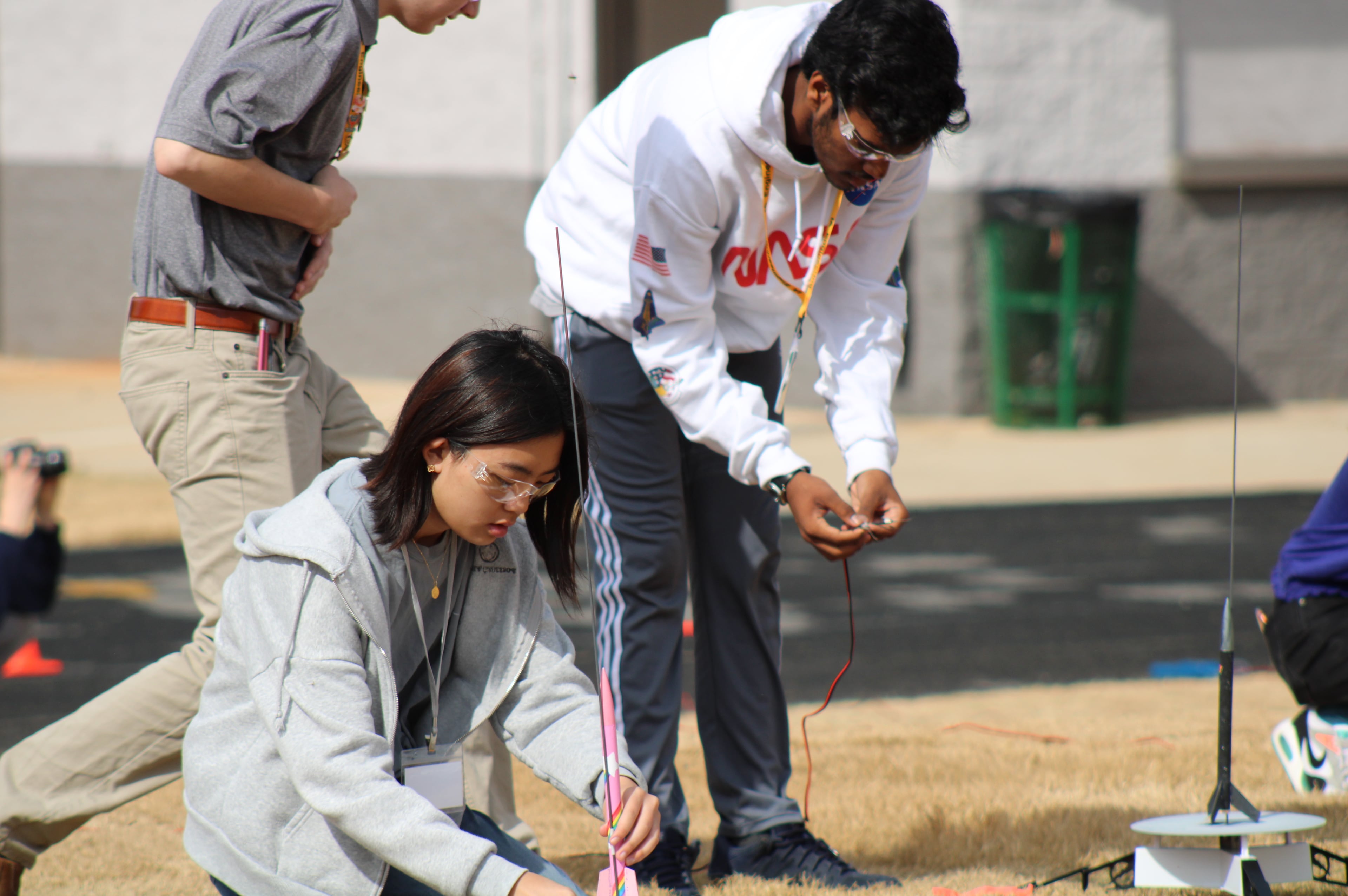UGA student: Georgia lawmakers should expand school choice programs

The Atlanta Journal-Constitution asked educators, policymakers and advocates to share what they deem the most important priorities for the upcoming 2025 General Assembly. Their answers are included in a collection of guest columns. This is the latest of these columns.
As a junior at the University of Georgia and a public high school graduate, I have direct experience with public schools.
Before my family moved to Florida from the Midwest, my older siblings attended private high schools. Our hometown in Florida is much smaller, so attending public schools became the best option for my sister and me.
As someone from a family experienced with both public and private schools, I don’t believe the sole answer is how much is spent or where the funds come from. The solution should be to ensure children and their parents have the freedom and opportunity to choose where to go to school based on their individual needs and circumstances.
In recent political discourse, the words equity and diversity have been used to promote various educational objectives. These words are sometimes used to justify limiting parental choice and encouraging equality of outcome for all students. I believe these words should be central to our conversations about education, but not in terms of outcome but in terms of opportunity.
Educational diversification should give all parents a range of options that better meets the needs of their children.
State and local governments play a critical role in this mission. In this upcoming legislative session, the government needs to continue equipping schools with the resources they need and empowering parents with the ability to choose the best educational setting for their children.

The first priority of the state and local government should be to spend funds wisely on education. Fortunately, we are seeing progress with Gov. Brian Kemp’s 2025 fiscal year budget proposal. According to the Georgia Budget and Policy Institute, this proposal provides $13.3 billion in funding for Georgia’s public schools, which is a $1.4 billion increase from last fiscal year. This increase in funding will go toward school security grants, improved pupil transportation and providing schools with necessary resources and safety measures.
Every student has unique learning styles and skill sets, and parents know these best. According to EdWeek.org, studies show that an increase in parental involvement leads to improved academic outcomes. Parent involvement in education leads to better academic success by providing a support system built on a positive attitude toward learning, boosting their children’s motivation and self-esteem as they advance through the school system.
Gov. Kemp understands this. When signing the Promise Scholarship Act into law, he said: “We know it’s not the government’s role to dictate to families what the best choice is for their child. … It is our job to support them in making that decision.” This new law supports traditional public schools by providing for teacher pay raises, increased school security and programs to help children read better.
Most importantly, it gives parents $6,500 in an education savings account to pay for private school tuition or home-school expenses. Parents having more resources to send their children to private schools encourages public schools to be more competitive by improving education and not being complacent.
Georgia is heading in the right direction with funding and school choice. To continue this momentum, the state Legislature’s priority this upcoming session should be to expand school choice programs. The first step would be to adopt a universal school choice program.
That means expanding eligibility to students and families regardless of income. These steps would not only give parents more options but strengthen public schools. This would drive competition since public schools will need to continuously improve to keep students, not being complacent as a default option. This ultimately empowers parents.
There is no one-size-fits all when it comes to education. By offering a wider range of options, parents will be empowered to choose teaching methods and materials that align to individual strengths and learning styles. An investment in education is an investment for the future, one that supports students reaching their full potential.
If we want a country that meets the needs of every child and parent, we need to expand school choice and have Georgia set an example of what education should be.
Michael O’Leary is a University of Georgia student who is vice chair of the UGA College Republicans chapter.


